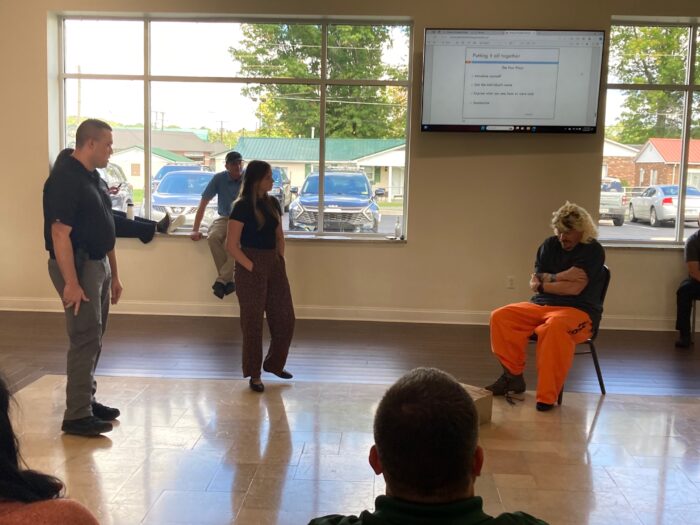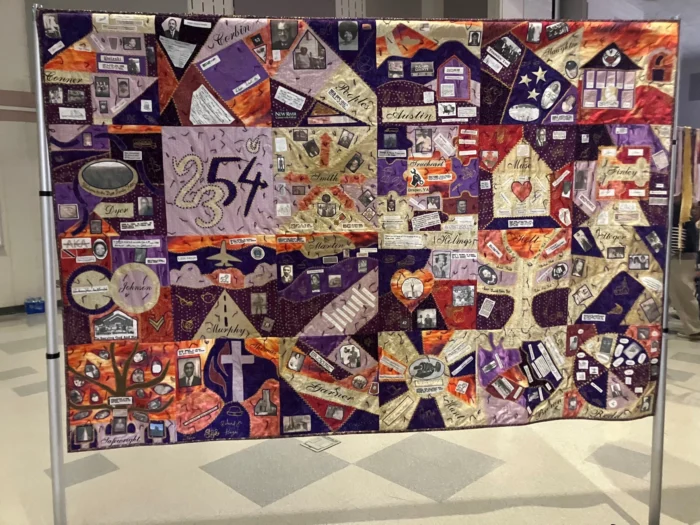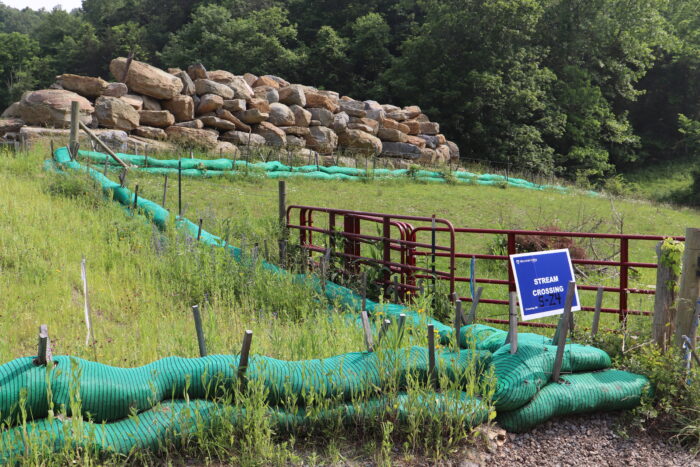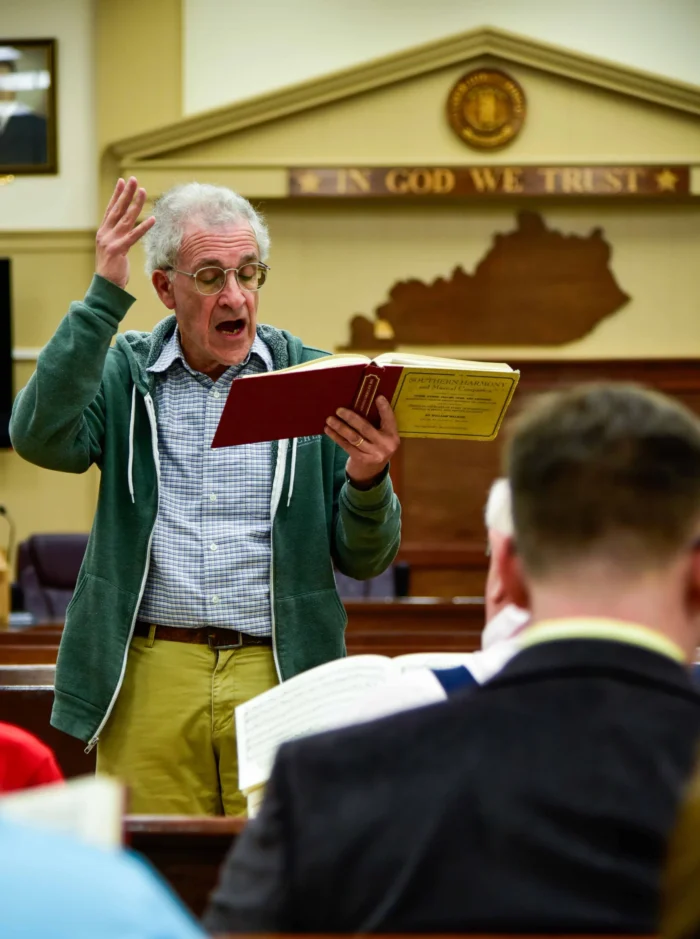Manage episode 492650057 series 123294
People with mental health challenges or substance use disorder often end up in jail. But crisis response teams offer another way.
Also, one year after the Mountain Valley Pipeline went into service, people who live directly in the pipeline’s path have received compensation. But not everyone.
And, the Sacred Harp songbook gets an update for the first time since the early 1990s.
You'll hear these stories and more this week, Inside Appalachia.
In This Episode:
- Crisis Intervention For Mental Health In W.Va.
- Celebrating Black Educators Working Through Integration
- Mountain Valley Pipeline Impact On Virginia And W.Va. Neighbors
- In Conversation With Gambling Addiction Counselor
- Updates In Shape Note Singing
Crisis Intervention For Mental Health In W.Va.

Photo Credit: Mason Adams/West Virginia Public Broadcasting
Appalachian communities have long dealt with high rates of substance use disorder and mental health challenges, and the toll is felt by everyone. The person in crisis. Their families. Even police officers and EMTs. In West Virginia, the problem reached a boiling point during the COVID-19 pandemic. The systems couldn’t handle it. So, a few localities tried something new — and so far, it seems to be working.
Over the last several months, Host Mason Adams spent time with crisis teams in Huntington and Princeton, West Virginia, and produced the following story in collaboration with the Carter Center and the Mental Health Parity Newsroom Collaborative.
A warning, this story contains descriptions of suicide attempts, substance use disorder and mental health crises.
Celebrating Black Educators Working Through Integration

Photo Credit: Roxy Todd/RadioIQ
A Virginia Tech team is collaborating with community groups in Appalachian Virginia to uncover and reclaim forgotten history. Part of the project involves the Calfee Community and Cultural Center in Pulaski. It’s a former school that helped educate Black students in the days before integration.
Radio IQ’s Roxy Todd has more.
Mountain Valley Pipeline Impact On Virginia And W.Va. Neighbors

Photo Credit: Curtis Tate/West Virginia Public Broadcasting
Virginia and West Virginia residents near the Mountain Valley Pipeline lived with anxiety for years during its construction. The pipeline went into service and began transporting gas one year ago. And its neighbors are still uneasy about its effects on their lives and property.
WVPB’s Curtis Tate has the story.
In Conversation With Gambling Addiction Counselor

Photo Credit: Eric Douglas/West Virginia Public Broadcasting
Since a U.S. Supreme Court decision opened the door, online sports betting is legal around much of the country. Online poker and casino gambling is legal in six states, including at multiple places in Appalachia. As gambling became more mainstream, states have moved to offer resources to help with gambling addiction. In West Virginia, there is the Problem Gambling Help Network at 1-800-GAMBLER.
News Director Eric Douglas spoke with Sheila Moran of First Choice Services, which runs the helpline. She’s also a certified gambling counselor.
Updates In Shape Note Singing

Photo Credit: Justin Hicks/LPM
A popular songbook for people who sing a style of traditional American music called “shape note singing” is getting an update. The book hasn’t been updated in more than 30 years. Shape note singers are planning a gathering to celebrate and, of course, sing. The Appalachia + Mid-South Newsroom's Justin Hicks reports.
------
Our theme music is by Matt Jackfert. Other music this week was provided by Blue Dot Sessions, Hello June and John Inghram.
Bill Lynch is our producer. Abby Neff is our associate producer. Our executive producer is Eric Douglas. Kelley Libby is our editor. Our audio mixer is Patrick Stephens.
You can send us an email: [email protected].
You can find us on Instagram, Threads and X @InAppalachia. Or here on Facebook.
Sign-up for the Inside Appalachia Newsletter!
Inside Appalachia is a production of West Virginia Public Broadcasting.

1013 episodes



